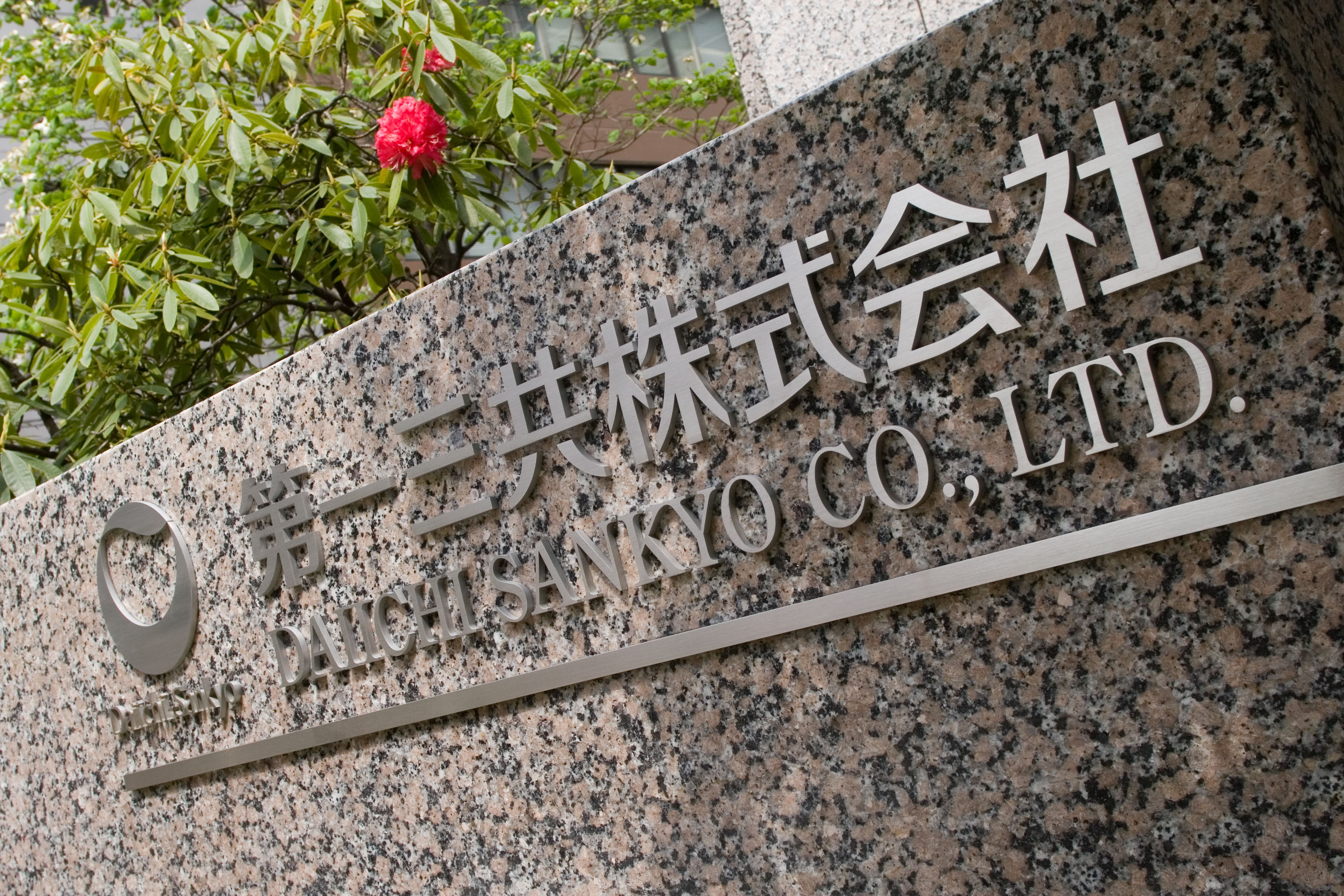Update: Daiichi Sankyo says Plexxikon R&D unit will close down

Just over a decade after being acquired by Daiichi Sankyo, US biotech Plexxikon will be shuttered at the end of March, with its R&D projects transferred to other areas of the Japanese group.
It's the end of the road for the South San Francisco-based company, which became part of the Daiichi Sankyo in a $935 million deal in 2011 and since then has contributed two approved cancer therapies – Zelboraf (vemurafenib) for melanoma and Turalio (pexidartinib) for tenosynovial giant cell tumours.
The rest of Plexxikon's pipeline is in early clinical or preclinical development and includes a string of targeted cancer therapies, including inhibitors of BRAF, KIT and BET.
Pharmaphorum reached out to Daiichi Sankyo to ask for details about the fate of the programmes and Plexxikon's 60-strong workforce, and received the following reply:
"All employees have been notified of the closing and will transition from employment with PLX. The earliest separations will be on March 31, 2022 with some transition by the end of June 2022. Only those projects for which Daiichi Sankyo will continue R&D will be transferred to the R&D division. For other assets, we are currently looking at other opportunities including out-licensing. We do not comment on the detailed projects."
Daiichi Sankyo said it was making the move in order to "maximise" its investment in three antibody-drug conjugates for cancer, headed by AstraZeneca-partnered HER2 drug Enhertu (trastuzumab deruxtecan).
Enhertu is approved for HER2-positive breast and gastric cancers and has been predicted to become a multibillion-dollar blockbuster, which is why AZ forked out $1.35 billion upfront for rights to the drug in 2019 in a deal that could be worth up to $6.9 billion.
AZ also bought into the second of Daichi Sankyo's three ADCs – a TROP2-targeted candidate for lung, breast and other cancers called datopotamab deruxtecan (Dato-DXd) – for $1 billion upfront in 2020 with a total value of up to $6 billion.
The third – patritumab deruxtecan (HER3-DXd) – is a HER3-targeted ADC in late-stage clinical testing for lung cancer. Together, the three ADCs are billed as one of the strategic pillars of Daiichi Sankyo's current five-year business plan to 2025.
Plexxikon's targeted drugs have been modest sellers, with Zelboraf – sold by Roche – reaching a peak of just over $200 million in annual sales, below predictions of $700 million or more when it first reached the market. Turalio, meanwhile, was approved by the FDA in 2019 in a very rare tumour type, and isn't expected to generate large revenues.
The closure of Plexxikon is notable as the company has been at the heart of Daiichi Sankyo's ongoing pivot to oncology. However, there's been little news flow from the company over the last few years other than the Turalio approval – Daichi Sankyo's first solo cancer drug.













